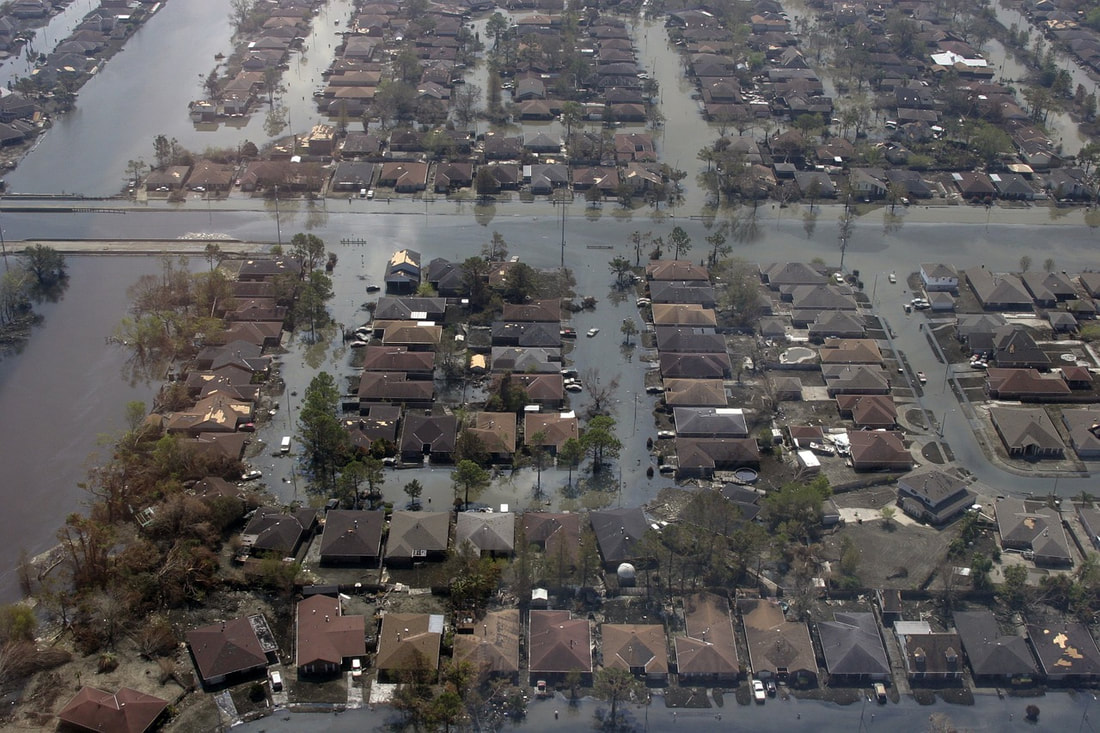So, when news about Hurricane Harvey started flooding in last week, I honestly did not want to experience the same thing all over and purposefully avoided the news stream and images. I hardened my heart to the pain and misery of an event that by all measures will eclipse Katrina. I even got mad while playing a game with my daughter and listening to the radio when after every single song the announcer would say, "If you haven't heard the news about Houston"…"tragic stories coming out of Texas"…"people are calling and asking for us to pray for them in the flood".... From the safety of my Boise home in 100 degree weather I just didn't want to be bothered.
Compassion Fatigue. It is the heart-numbing effect produced by repeated exposure to pain, trauma, loss and grief and for you as a care provider, an occupational hazard. I think of it as an emotional defense mechanism that when overwhelmed with stimulus screams, "ENOUGH! I can't take anymore." On the healthy side, it is probably like how your brain starts ignoring certain sounds after a while and pushes them to the background or the pressure sensations on your bottom while sitting that you stop feeling after a while. On the unhealthy side, you all know what happens when patients lie in a hospital bed without movement or sensation for too long. At some point, we must turn our hearts back on if we intend to remain human. Years ago, I read Dr. Paul Brand's "The Gift of Pain" about his work with leprosy patients in India and diabetics in the U.S. This renowned surgeon made the point that pain has a value that becomes clearest in its absence. He taught his leper patients to examine their own and each other's digits and limbs and eyes everyday to look for unintentional and unfelt wounds that their body had stopped delivering pain messages to their brains about. I've spoken with some physicians over the past couple years who have honored me by opening up about the difficulty of losing patients. Many of them assume the blame for not being able to provide the right treatment or for care in time to save their lives. One particular conversation left me thinking, "Doctors eat grief for a living, but how do they digest it?" Some learned to cope with it by turning their hearts off entirely, avoiding the uncomfortable feelings and processes of the heart. Others wander through life shell shocked by the trauma, eyes glazed over in perpetual distress. Many have learned a place within and with friends how to properly process and "eliminate" the meal their occupation serves up to them. As I do the same, can I encourage you to examine yourself – and others around you if they will – to look at places in your own life and work where the effect of grief, loss, and trauma has been eating away at you unseen. Find a safe place to bear each other's burdens and expose your own. This is hard work and requires a vulnerability many physicians avoid. But, I would suggest that what makes you a great doctor is not just your brain and years of medical education, but also your heart and the ongoing emotional education and healing needed as you grow through your career.
1 Comment
|

 RSS Feed
RSS Feed